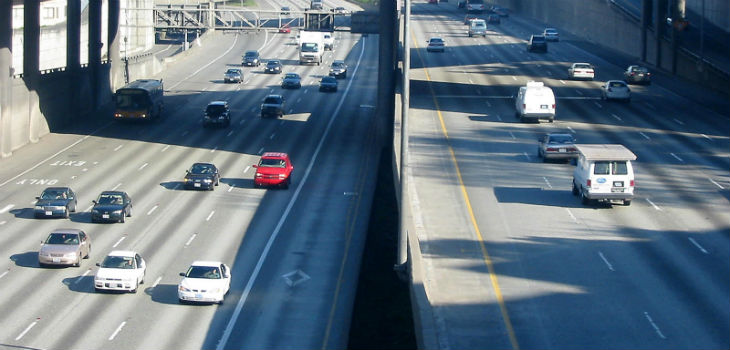
OLYMPIA—House transportation leaders advanced a revenue package today to address urgent state and local needs while also creating or sustaining thousands of jobs across Washington.
“Low interest rates and very low bids from businesses competing for construction contracts make this an ideal time to take care of some of our most pressing needs in transportation,” said Rep. Judy Clibborn (D-Mercer Island), who chairs the House Transportation Committee.
“It’s obviously also an ideal time to create the jobs these investments would fuel,” she said.
The centerpiece of the package, House Bill 2660, is a new $1.50 fee on barrels of oil refined in Washington, which would generate about $1.35 billion over the next decade. Revenue from the oil-barrel fee would be split 50-50 with local governments, with the local share being divided evenly between cities and counties.
The total revenues generated by the proposed oil-barrel fee are only about half of what Gov. Chris Gregoire called for last month, because the new plan exempts oil that is exported to other states or used for non-highway purposes such as aviation and marine fuels.
“Just by itself, the oil-barrel fee we’re proposing would support around 1,100 jobs annually,” according to Marko Liias (D-Edmonds), a vice chair of the committee. “These are good-paying, private-sector jobs for construction workers, who’ve been hit harder than anyone else by the economic downturn.”
The committee also passed a proposed constitutional amendment (HJR 4228 ) introduced by Rep. Mike Armstrong (R-Wenatchee) that, if approved by state voters, would guarantee that the oil-barrel fees are used only for highways purposes as defined by the 18th Amendment of the state constitution.
House transportation leaders also embraced a key recommendation of the Connecting Washington Task Force by calling for new local revenue options (HB 2751). The Task Force found that cities and counties face a combined $4.9 billion of currently unfunded needs over the next 10 years.
One proposed option allows cities and counties that have local transportation benefit districts to charge a $40 vehicle fee with a majority vote of their governing bodies, up from the $20 allowed in current law. County councils could also levy a one percent motor vehicle excise tax, with exemptions for certain vehicles, such as many farm vehicles, and would also have the option of asking voter approval for a one, two or three-cent per gallon local gas-tax increase.
In addition to the revenue measures, the committee passed a proposal (HB 2704) by Rep. Andy Billig (D-Spokane) to create a task force for exploring new approaches to funding transportation as the state become less reliant on fossil fuel.
“Today we passed a focused revenue package for urgent needs,” said Billig, also a vice chair of the committee. “It doesn’t try to replace the nearly $5 billion of gas-tax revenues that we’re expecting to lose over the next dozen or so years due to increased fuel efficiency and other factors. But it will put people to work right away on state and local needs that just can’t wait.”
# # #
On the Web: Connecting Washington Final Report
